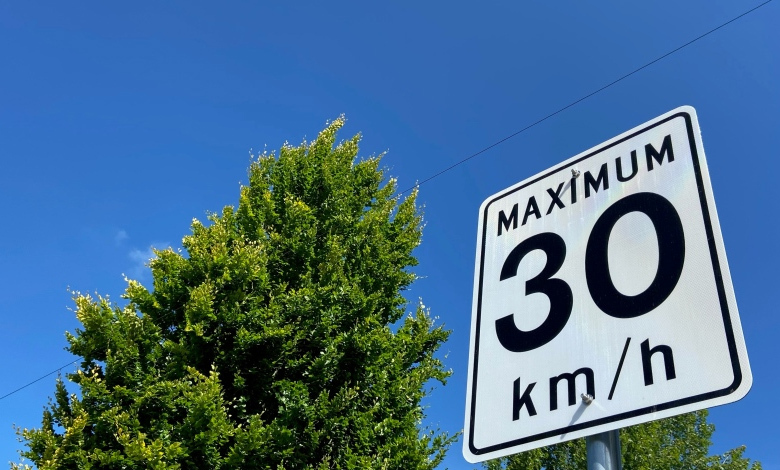Italy: Is Bologna’s controversial 30km/h speed limit a blessing for the environment?

Let’s understand the highly contested Città 30 (City 30) scheme. The northern Italian city of Bologna introduced a 30km/h speed limit for traffic in the urban centre on January 16, becoming the second city in the country to enact the measure – following Olbia.
Bologna authorities say the new limit is aimed at improving road safety and reducing air and noise pollution. But the measure has been facing protests from residents and scepticism over its environmental benefits by government ministers.
In mid-January, Bologna introduced the 30km/h speed limit – reduced from 50km/h – following trials of the scheme in 2023. Now, penalties of €29 shall be issued for driving over 36km/h. Mayor Matteo Lepore has hailed the move as a “revolution”.
More research needed to assess environmental benefits of slower driving
Lepore noted the importance of the scheme to make Bologna a “safer, more sustainable city.” But Minister of Transport Matteo Salvini disregarded the environmental benefits of speed limit, although not referring specifically to Bologna’s measure.
“Cars and vans cannot be the enemy. Going 30km/h in the city doesn’t help the environment,” he said last year, as per Euro News. “Preventing people who can’t afford Teslas from entering the city doesn’t help the environment and limits jobs.”
The safety benefits of slower driving have already been properly documented. But the environmental benefits are less concrete. Some evidence suggests the City 30 system can increase air pollution levels, said Matthew Watkins at Nottingham Trent University.
Milan and Parma also considering introducing speed limits
It appears more research is needed on the subject. Imperial College London has noted in one of its studies that in 32km/h zones, vehicles have fewer accelerations and decelerations than in zones following a higher speed limit.
This smoother driving style reduces particulate emissions from tyre and break wear – a process known to constitute about 75% of air pollution from road traffic. But engines are optimally efficient when driving at a constant speed. For most cars, this is actually around 90km/h.
Read More: Climate change is a menace. But is it now making diarrhoea more common?
Bologna’s residents have expressed frustration at the new speed limit. The Ministry of Transport has also shared concerns over the development. Nonetheless, other Italian cities of Milan and Parma are also considering introducing the same speed limits in 2024.



